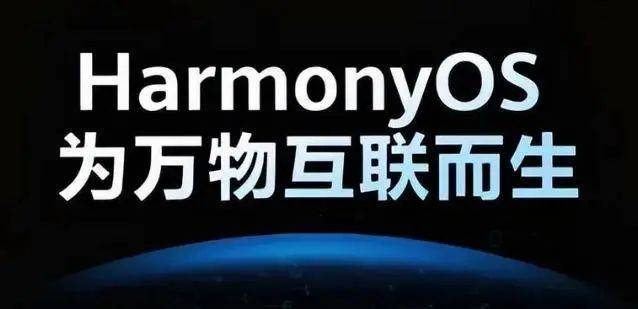Following the introduction of Huawei’s latest laptop, which utilises Intel’s most advanced chips, on May 7th, 2024, the Biden administration in America delivered another blow to the Chinese private corporation. The US government revoked licenses for US chip manufacturers, Qualcomm and Intel, to sell semiconductors to Huawei.
This means that neither Qualcomm can sell its low-end mobile phone chips to Huawei, nor can Intel sell any computer chips to the Chinese company.
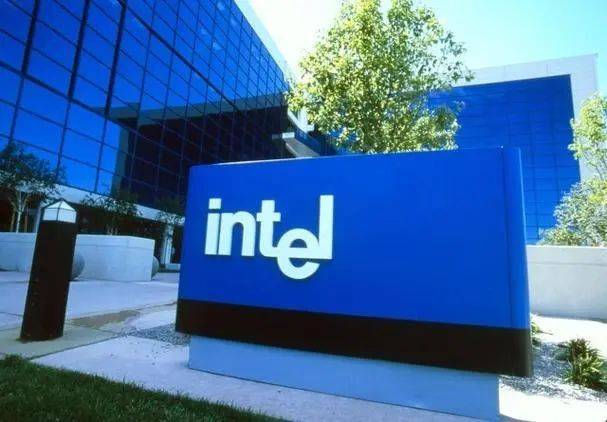
According to Michael McCaul, the Chairman of the U.S. House Foreign Affairs Committee and a Republican congressman, this step was essential “to prevent China from developing advanced artificial intelligence”.
American companies like Qualcomm and Intel not only have “close” relationships with Huawei but also with many high-tech companies in China.
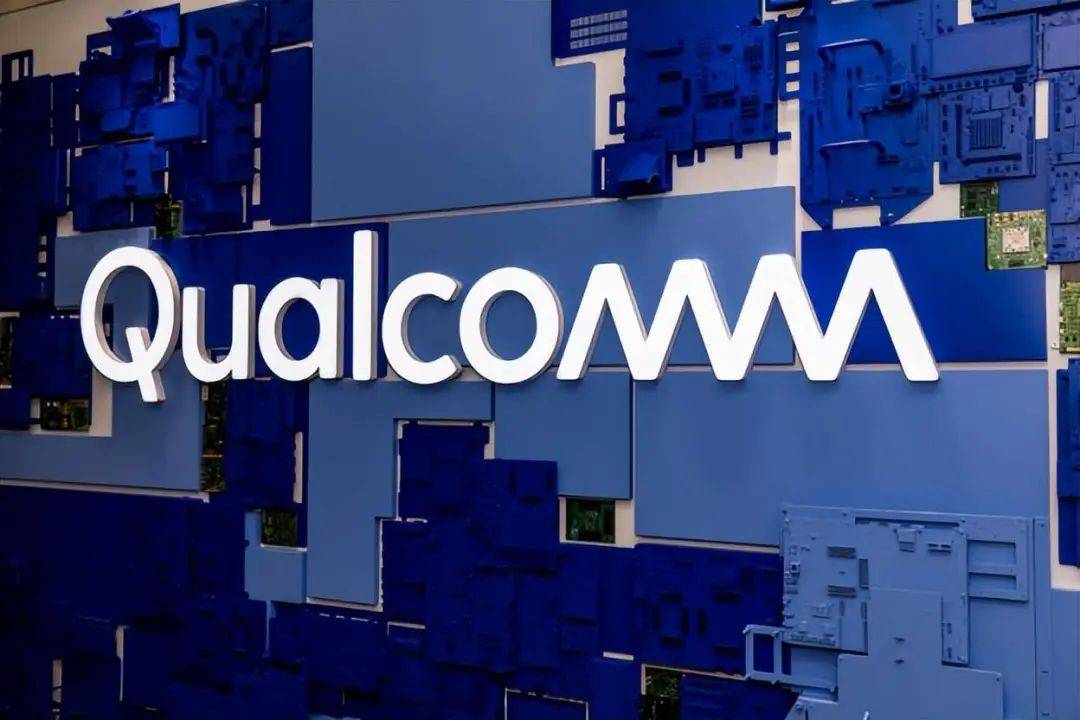
China is the biggest and most important market for these two American companies, serving as a significant profit source. Furthermore, American tech giant Apple also has deeper ties with Chinese companies since a large majority of Apple’s products are manufactured in China.
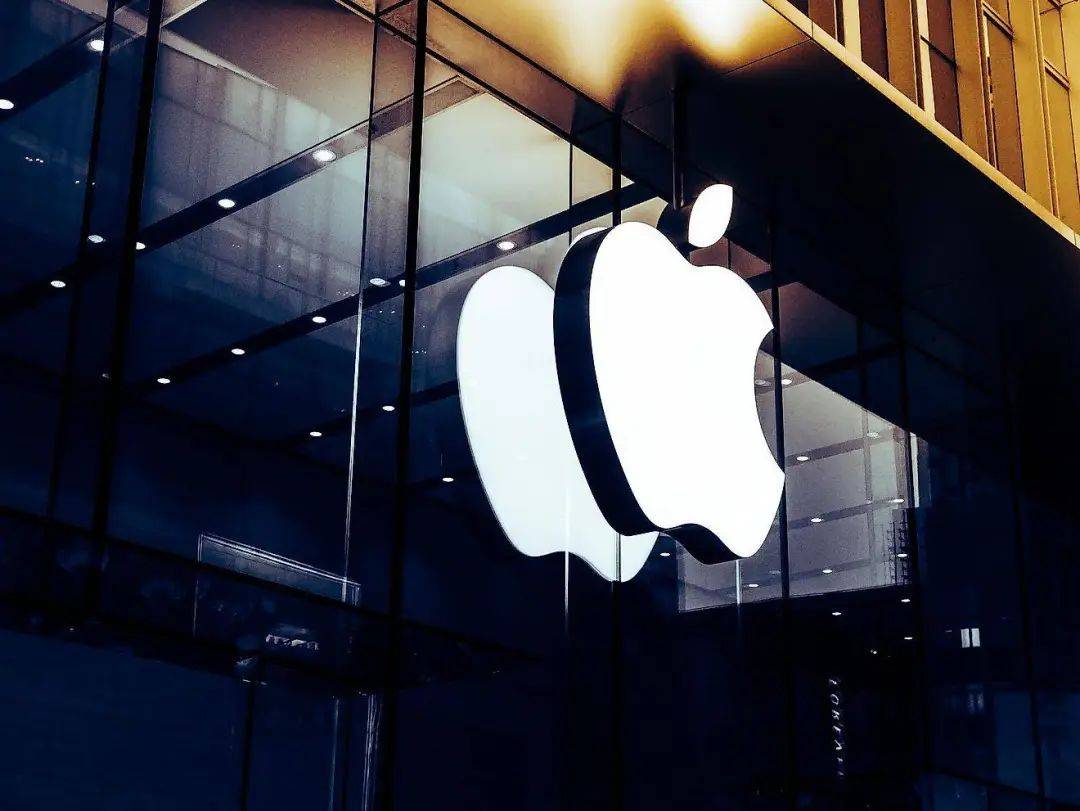
As a response to this hard-hitting blow from the US government, China’s stance is clear:
“We have noted the relevant media reports. The US is generalizing the concept of national security, politicizing economic trade issues, abusing export control measures, and repeatedly adopting unjust sanctions and suppressive measures against specific Chinese companies. We firmly oppose this.
The US’s restrictions on civilian chip product exports to China and its prevention of supply to specific Chinese companies are classic examples of economic coercion practices. This directly violates World Trade Organization rules and significantly harms the interests of American businesses. The actions of the US seriously contravene its commitments to ‘not seeking to decouple from China’ and to ‘not hindering China’s development.’ It contradicts its claim of ‘precisely defining national security.’ China will take all necessary measures to firmly safeguard the legitimate rights and interests of Chinese companies.

So, what impacts will this recent blow from the US government have on Huawei?
Initially, Huawei’s laptop business may encounter difficulties as they can no longer produce Intel chip-based laptops, leading to a potential drop in sales and market share loss.
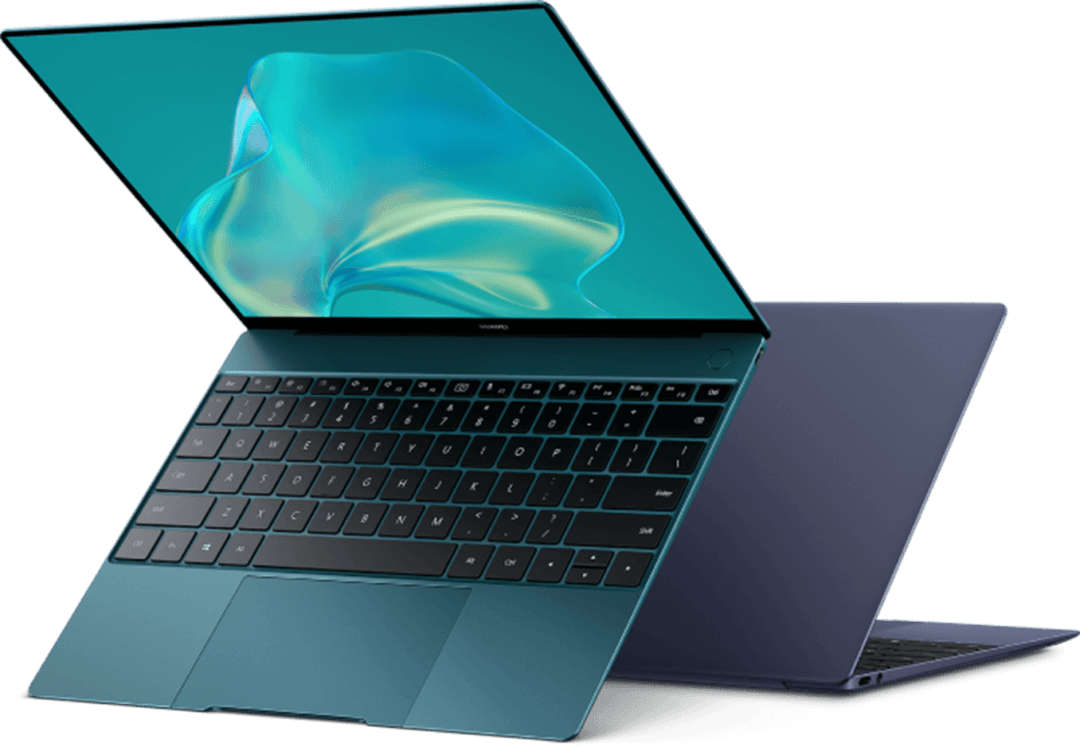
However, the halt in supply of low-end mobile phone chips from Qualcomm will not significantly impact Huawei since it already possesses sufficient proprietary mobile phone chips.
More importantly, this interruption of Intel chip supply mimics the previous US tactic of suppressing Huawei’s phone business. Eventually, Huawei emerged stronger, and in a twisted sense, the US indirectly assisted Huawei in this process.
Huawei’s self-made mobile chips were launched with the Mate 60 series, overcoming previous restrictions imposed by US blockades.
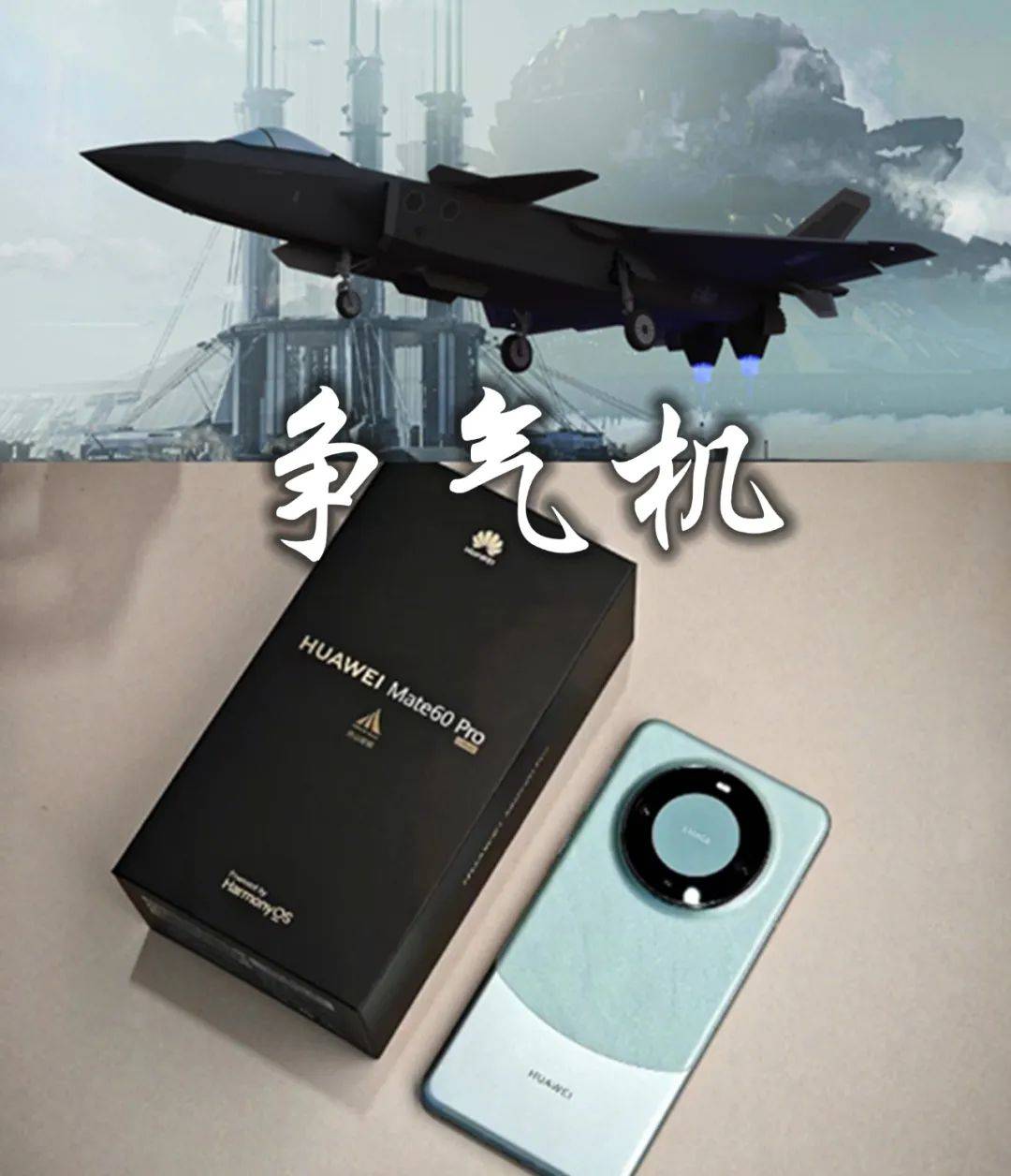
The US’s latest attempt at dampening Huawei’s laptop business will likely lead to a similar outcome—Huawei’s triumph. Soon, Huawei will independently develop both laptop chips and operating systems.
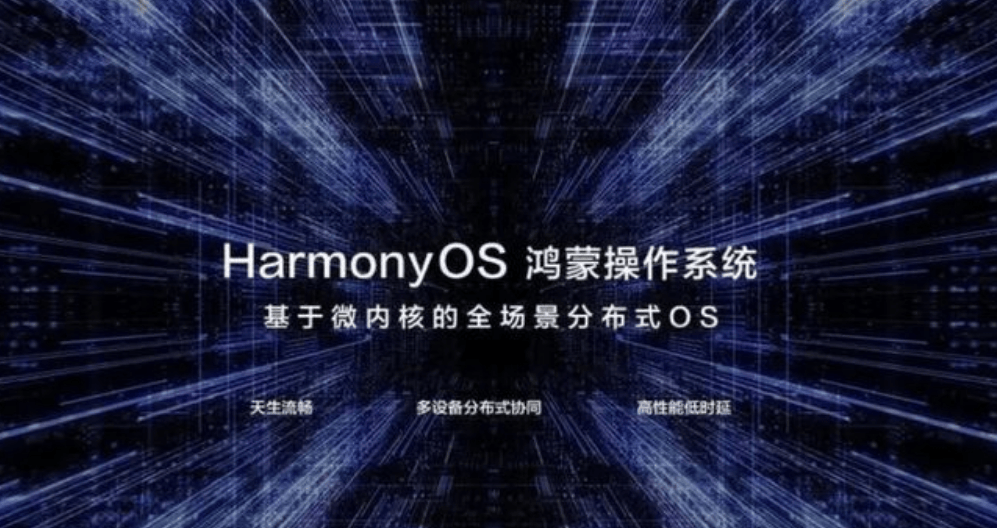
Huawei already began work on its PC-version of its Kirin chips and the Hongmeng operating system for PCs last year, as reports surfaced.
This year, Huawei completed its Hongmeng operating system for notebook computers. And on April 29, Huawei’s Kirin PC processor was unveiled, with its sights set on seizing Apple’s notebook market share.
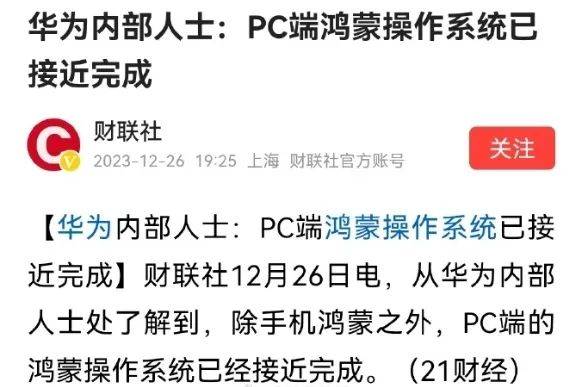
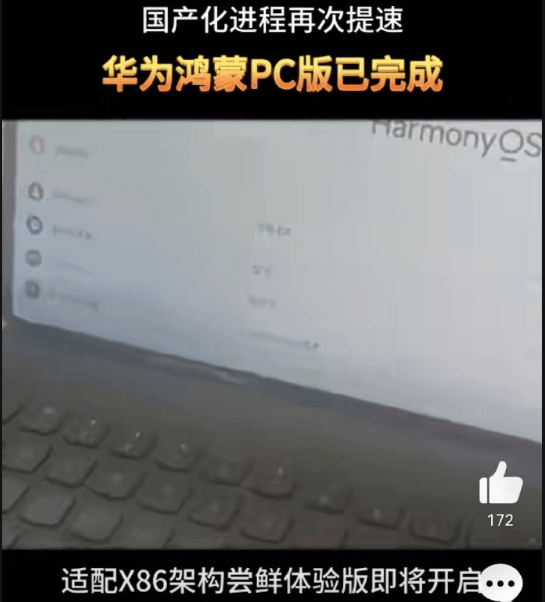
Recently, some bloggers reported that Huawei’s homemade Kirin PC chip has already outperformed the Apple M2 and Intel i7 processors.
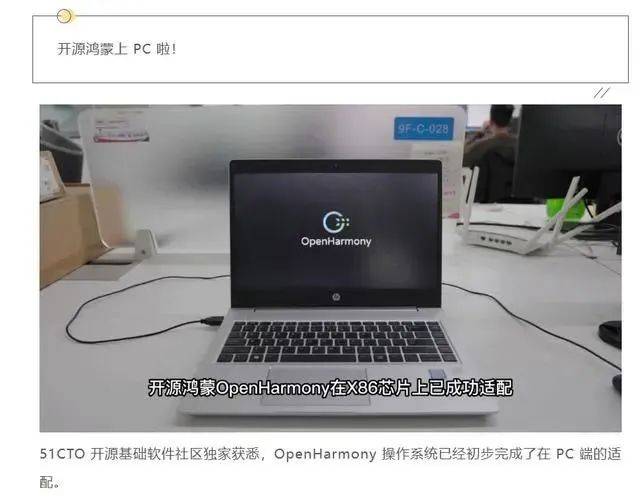
Following these revelations, other bloggers predicted that Huawei’s Kirin PC chip desktop computers would launch between May and June, as part of the Qilin series.
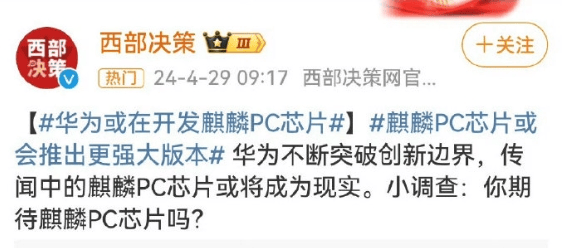
Huawei was already steadily progressing in the development and optimization of their Kirin chips and Hongmeng operating systems for PCs. Now, they have the opportunity to officially launch these products.
The main challenges faced by the Kirin PC chip and Hongmeng PC operating system are not in their development, but in their ecosystem. Now, the US has unwittingly given Huawei the chance to establish a Kirin PC ecosystem.
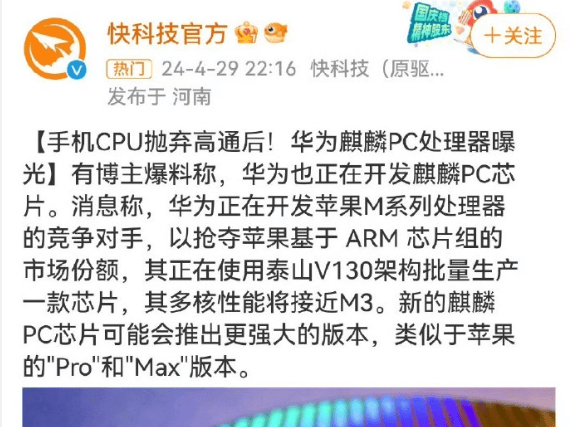
China’s vast market is more than sufficient to support Huawei’s Kirin PC. We believe that, thanks to the inherent strength of the Hongmeng operating system and its interconnectivity gene, the future of Huawei’s laptops, equipped with Kirin chips and the Hongmeng operating system, could dramatically surpass Apple’s laptops. Huawei could not only reclaim its market but even expand globally, encroaching on Apple’s market share.
Can Intel compete with Huawei after losing the Chinese market?
